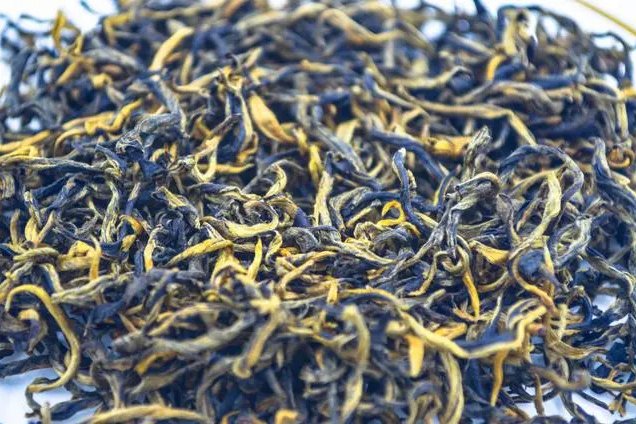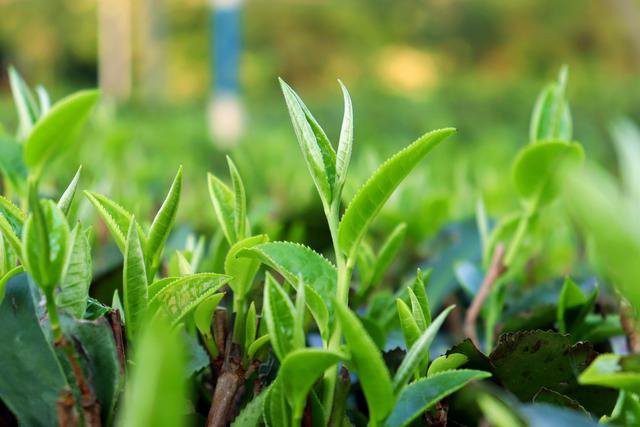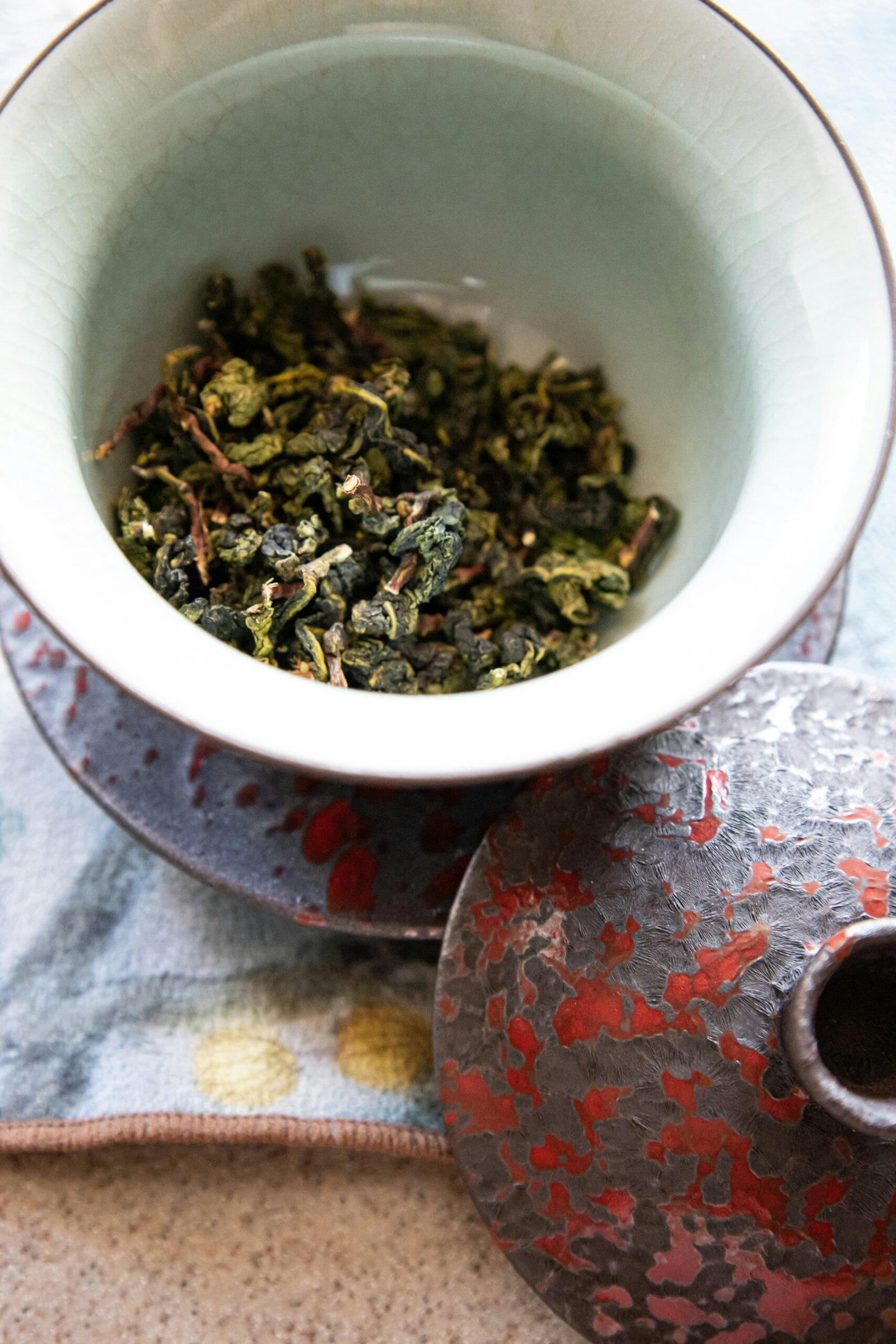中国紅茶入門
Chinese black tea, known as “hong cha” in its native language, boasts a rich history and profound cultural significance that dates back centuries. Originating in ancient China, it has played an integral role in both domestic consumption and international trade. Throughout history, black tea from China has been revered for its distinctive flavors and complex manufacturing processes that set it apart from other varieties around the globe.
China is home to several remarkable types of 紅茶, each with its unique attributes. For instance, Yingde black tea, hailing from Guangdong Province, is celebrated for its mellow, sweet flavor and fragrant aroma. Another notable type is 祁門紅茶 from Qimen County in Anhui Province, renowned for its wine-like flavor and aromatic characteristics. Lapsang Souchong, originating in the Wuyi Mountains, is famously known for its smoky taste that results from traditional pinewood drying methods. These regional distinctions not only highlight the diversity of Chinese black teas but also their deep-rooted connection to specific local practices and natural conditions.
The process of crafting Chinese black tea is an art form in itself, demanding meticulous skill and dedication. The journey begins with the careful plucking of tender tea leaves, followed by withering to reduce moisture content. The leaves are then rolled to release essential oils and initiate the oxidation process, which is critical in developing the characteristic dark color and robust flavor. After rolling, the leaves undergo full oxidation, setting 紅茶 apart from other types such as green or white teas. Finally, the leaves are dried to lock in the flavors and aromatic profiles.
Through these intricate processes, Chinese black tea emerges as a beverage that not only quenches thirst but also offers a sensory experience steeped in historical and cultural richness. Its complexity, from leaf to cup, underscores why Chinese black tea remains a cherished gift, embodying both tradition and craftsmanship.
Cultural Significance of Gifting Tea in China
In Chinese culture, tea holds a revered place, not just as a beverage but as a symbol of hospitality, respect, and strong relationships. The practice of gifting tea dates back centuries and is deeply ingrained in the social fabric of China. Among the various types of tea, Chinese black tea, known for its rich flavor and aromatic qualities, is often chosen as a prestigious gift.
Tea plays a pivotal role in Chinese social rituals and hospitality. It is customary to offer tea to guests as a sign of respect and to ensure their comfort. This tradition extends to special occasions and ceremonies, where gifting tea is seen as a gesture of goodwill and honor. For example, during the Chinese New Year or weddings, giving and receiving tea is a common practice, reflecting the giver’s reverence and bestowing blessings of health and prosperity upon the recipient.
The symbolism of tea in Chinese culture is profound. Gifting tea, such as Yingde black tea, signifies a wish for good health and long-lasting relationships. The act is more than a transfer of a valuable commodity; it is an expression of deep respect and mutual care. It underscores the importance of maintaining strong social bonds and promotes a sense of communal well-being.
Various regions in China have their own unique traditions related to tea gifting. In Southern China, for instance, it is common for families to present tea to their elders as a sign of filial piety. In other areas, such as Yunnan, tea is given during festivals to wish others happiness and successful harvests. Real-life examples include the practice in Fujian where newlyweds receive tea from well-wishers, symbolizing good fortune and unity.
Overall, the cultural significance of gifting tea in China transcends its material value. It is a practice steeped in tradition and symbolism, reflecting the shared values of respect, health, and the importance of social ties. Whether it is Chinese black tea or other varieties, the tradition of gifting tea remains a cherished aspect of Chinese culture.
Chinese black tea, revered for its robust flavor and cultural significance, is renowned not just for its taste but also for its remarkable health benefits. Scientific studies and traditional practices alike extol the advantages of incorporating Chinese black tea, specifically types like Yingde black tea, into one’s daily regimen. One of the primary health benefits comes from its rich content of polyphenols and antioxidants—compounds known for their protective properties.
Polyphenols in Chinese black tea are particularly effective in promoting heart health. Studies have demonstrated that regular consumption of 紅茶 can help reduce LDL cholesterol levels and improve arterial function, thereby decreasing the risk of cardiovascular diseases. The antioxidants, including catechins and flavonoids, play a significant role in combating oxidative stress, protecting cells from damage, and inhibiting the formation of blood clots.
Additionally, Chinese black tea has been traditionally endorsed for its digestive benefits. The tannins present in the tea have a gentle astringent effect, which can help improve intestinal health and soothe gastrointestinal distress. Drinking a cup of Yingde black tea after meals has been shown to aid digestion and prevent issues like bloating and indigestion.
The mental health benefits of Chinese black tea are equally compelling. The moderate caffeine content in 紅茶 can enhance mental alertness and concentration without the jittery effects commonly associated with other stimulants like coffee. Coupled with the presence of the amino acid L-theanine, 紅茶 can foster a calm, focused state, making it an excellent beverage for mental clarity and cognitive function.
To harness these benefits, incorporating Chinese black tea into your daily routine can be both simple and enjoyable. Starting the day with a morning cup can set a positive tone, while an afternoon serving can provide a gentle pick-me-up. For optimal health, aim to drink freshly brewed tea, allowing the leaves to steep for three to five minutes to maximize the release of beneficial compounds. By integrating this ancient brew into your lifestyle, you can enjoy the myriad of health advantages it offers, making it one of the most cherished gifts from China.
How to Choose and Present Chinese Black Tea as a Gift
Choosing and presenting Chinese black tea as a gift requires careful consideration to ensure it resonates with both tradition and sophistication. When selecting high-quality Chinese black tea, start by examining the packaging. Opt for tightly sealed, well-crafted containers that preserve the tea’s freshness and protect it from moisture and light. Look for reputable brands that highlight the origin, particularly famous varieties such as Yingde black tea, known for its rich flavor and aromatic profile.
Appearance and aroma are equally critical indicators of quality. High-grade Chinese black tea leaves should exhibit a uniform, glossy appearance, indicating proper oxidation and quality processing. The leaves should exude a fresh and fragrant aroma; a burnt or stale scent may suggest poor storage or low quality. Sampling a small quantity before purchasing can ensure you choose a tea that meets these standards.
Presenting the tea in an elegant and meaningful way can enhance the gift-giving experience. Traditional 中国茶 sets, which include a teapot and cups, can serve as a beautiful and culturally resonant addition. Accompanying the tea with detailed brewing instructions can also add a thoughtful touch, especially for recipients who may be unfamiliar with the nuances of preparing Chinese black tea. This ensures they can fully appreciate the tea’s intended flavor and aroma.
Understanding the etiquette of gifting tea in Chinese culture is essential. Tea is often seen as a gesture of respect and friendship. When presenting the gift, two hands should be used to offer it, symbolizing sincerity and appreciation. Including a handwritten note explaining the unique qualities of the chosen tea and its cultural significance can further personalize the gesture, making it a memorable and cherished gift.













